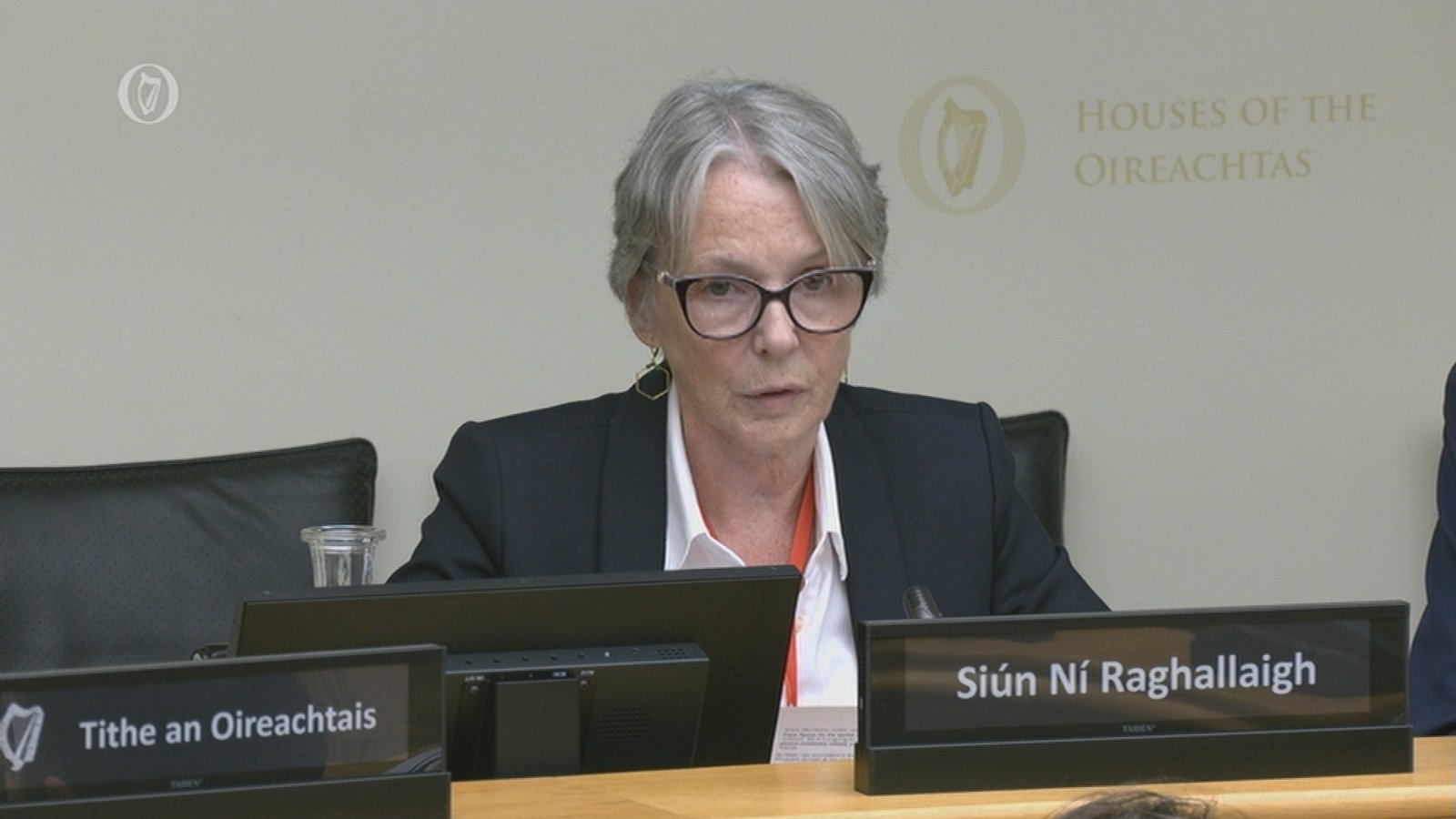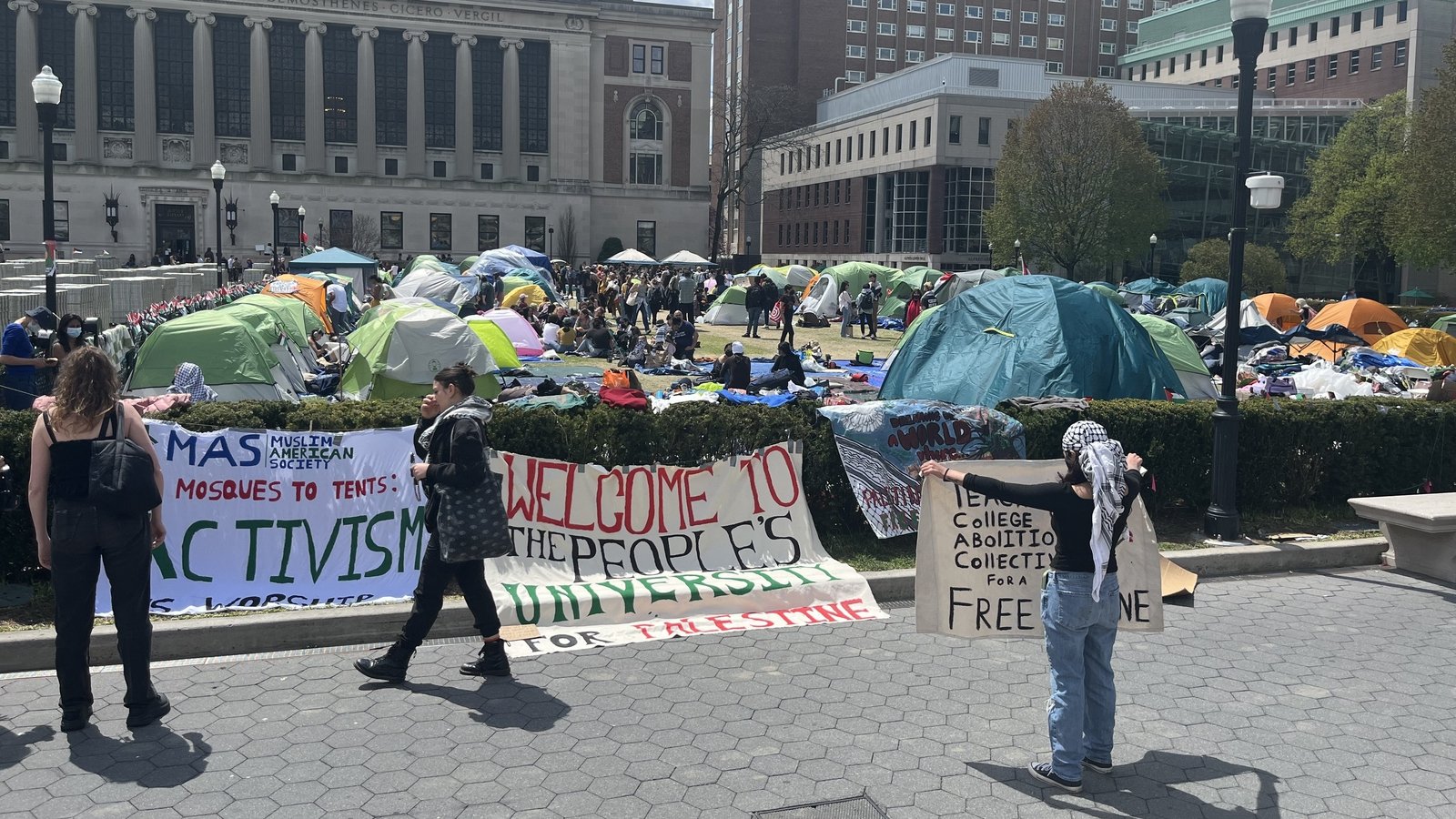Why Palestine’s bid for UN membership will fail
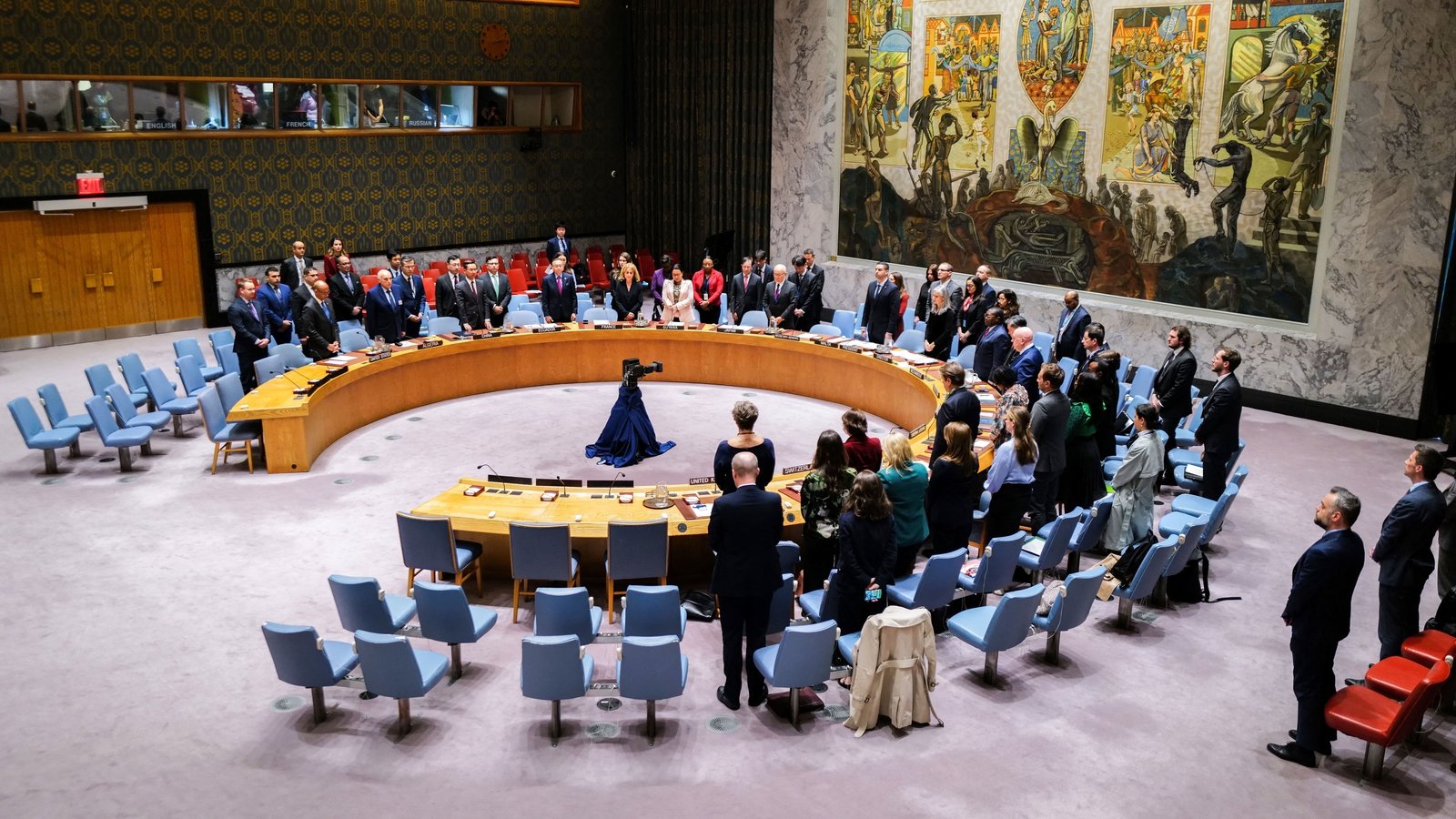
The UN Security Council is gearing up for another showdown likely to feature a US veto, this time over the question of full Palestinian membership of the United Nations.
In 2012, the UN General Assembly granted the Palestinians “non-member observer status” which put them on equal footing with other observers like the Holy See.
That means they can participate in proceedings at the UN, but they cannot vote.
Now, six months into a war which has put the issue right at the heart of the UN’s agenda, the Palestinian representatives believe it is the moment to try again.
It was “high time”, Palestinian Ambassador to the UN Riyad Mansour told the General Assembly, for Palestinians to “be treated as equals” with the other 193 members.
On 2 April, the Palestinian Mission sent a formal letter to the President of the Security Council, requesting consideration of their application once again.
Palestine’s last bid for full membership, in 2011, fell at the first hurdle because it did not get the requisite nine votes on the Security Council.
That meant that the US did not have to deploy its veto, although it indicated it would do just that if it had come to it.
This week, the same dynamics are playing out.
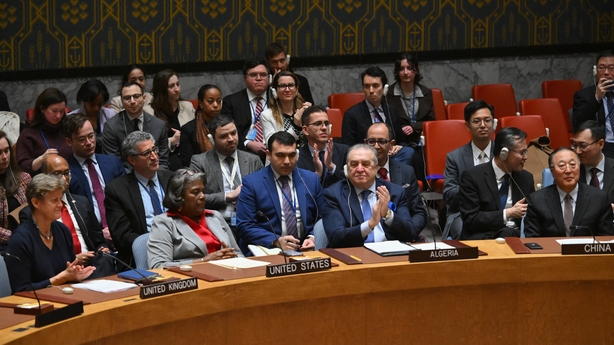
During the council’s regular meeting on the Middle East today, Algeria, which is a non-permanent member and the representative of the Arab group of nations, is expected to present a resolution on Palestinian membership – although the vote could be delayed until tomorrow.
Today’s meeting will be attended by the foreign ministers of Iran, Jordan and Malta – the current rotating president of the council.
UN Secretary General António Guterres will open the meeting with an overview of the situation in the Occupied Palestinian Territories.
Asked how the US will vote, US Ambassador to the UN Linda Thomas-Greenfield said the American position had not changed since the last time Palestinian membership came up for consideration.
The US position is that they will not support full Palestinian membership of the UN until there is a bilateral peace agreement between Israel and the Palestinians.
“But we are going to continue to find a path to bring a two-state solution to the Palestinians that provides peace for Israel and a state for Palestine,” Ambassador Thomas-Greenfield told reporters.
Any application for UN membership must first go through the Security Council’s Standing Committee on New Members. The committee met last week but adjourned with no consensus.
Several council members, including permanent members China and Russia, as well as rotating members Algeria, Ecuador, Guyana, Mozambique and Sierra Leone already recognise the State of Palestine.
But other countries are said to have raised concerns about the membership bid in the closed-door committee meetings.
Diplomats would not be drawn on the details. But even if the other permanent members, like France and the UK, are ambivalent about Palestinian membership, they are unlikely to resort to their rarely-deployed vetoes, opting instead to vote in favour or most likely, abstain.
That leaves the ball firmly in the US court, once again.
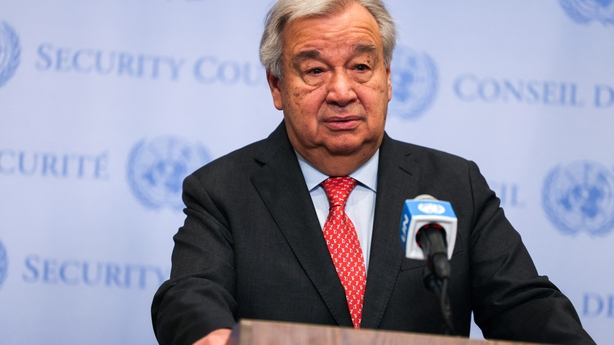
US Deputy Ambassador Robert Wood called it “unfortunate” that members would push ahead with a vote in the absence of consensus.
He added that they were “bound by US laws,” referring to long-standing legislation which requires the US to cut off funding for any multi-lateral body that gives full membership to the Palestinians without a peace agreement.
If the US mission is saying their hands are tied by US law, it is a strong indication that they are getting ready to veto.
It comes at a time when the US administration under President Joe Biden is expressing more vocal support for a “two-state solution.”
“The two-state solution” has become something of a mantra in diplomatic circles but the details are very far from being worked out.
The US certainly does not think UN membership should happen first.
“The outcome will be the same, even as the US is now emphasizing that it agrees that a Palestinian state is the desired outcome,” Larry Garber, a former mission director of the US Agency for International Development (USAID) in Gaza and the West Bank, told RTÉ News,
“Even as it disagrees that pushing for UN membership is the best way to achieve this goal.”
What happens next?
If the US vetoes the resolution on Palestinian membership, the matter will then pass to the General Assembly.
Most countries support membership (nearly 140 member states consider Palestine a state).
But the General Assembly does not have the authority to grant it.
The vote then, will only be symbolic.
While those who support Palestinian bid for membership are aware it is going to fail again, they are still determined to push ahead in order to keep the matter on the agenda, diplomats told RTÉ News.
Israel has already laid out its staunch opposition.
In a speech to the General Assembly last week, Israeli Ambassador to the United Nations Gilad Erdan said that the UN would be “rewarding terror” if it granted membership to the Palestinians.
Ambassador Erdan told delegates that the Palestinian Authority did not meet the requirements for UN permanent member state recognition.
Article 4 of the UN Charter states that membership is open to all “peace-loving states which accept the obligations contained in the present Charter and, in the judgment of the Organisation are able and willing to carry out these obligations.”
The UN Charter also requires countries to have a “permanent population”, a “defined territory” and an “effective government”.
“Nothing is clearer than the fact that the Palestinians fail to meet these criteria,” the Israeli representative said.

